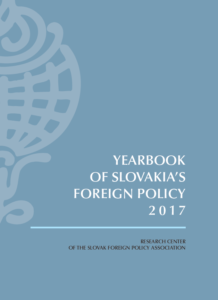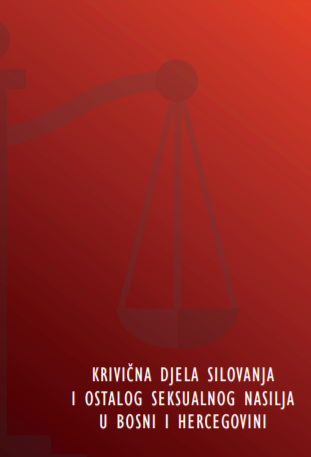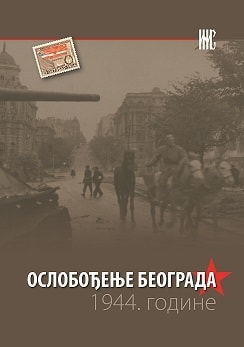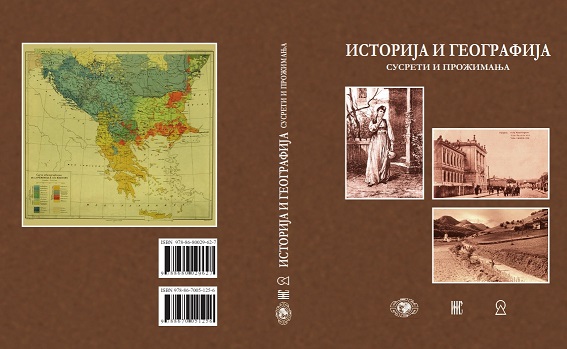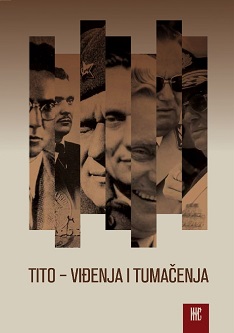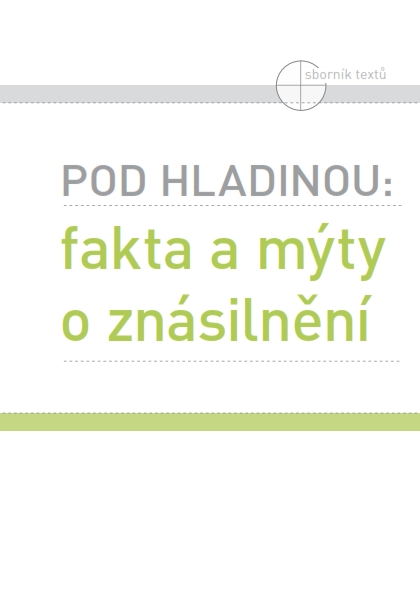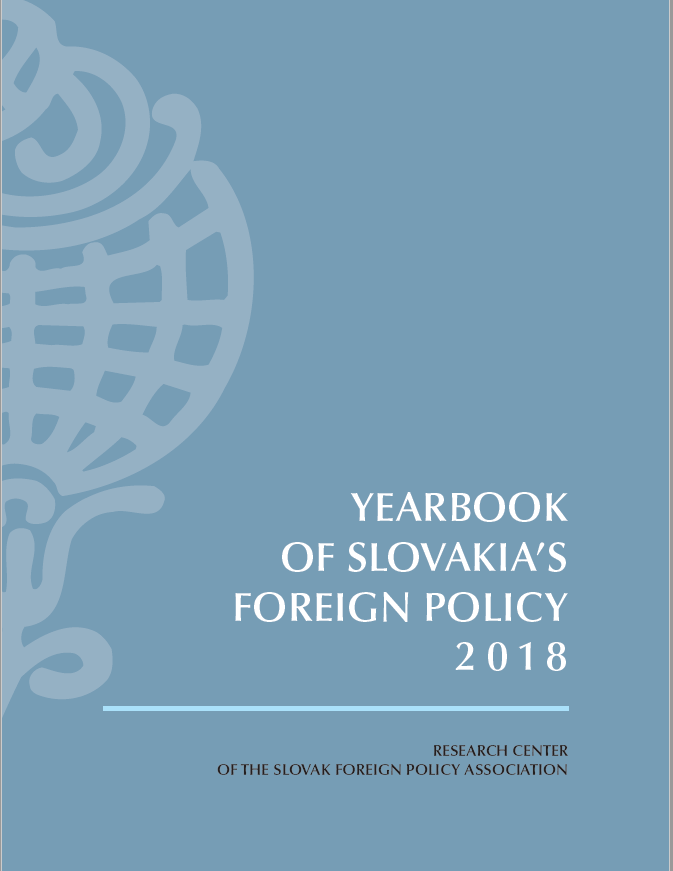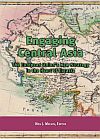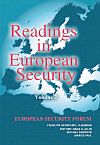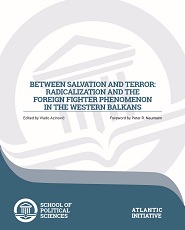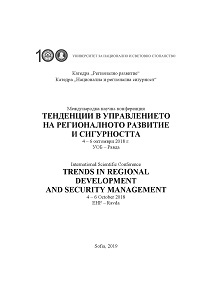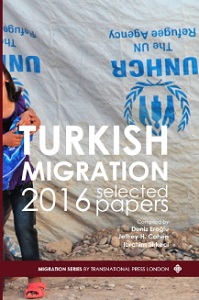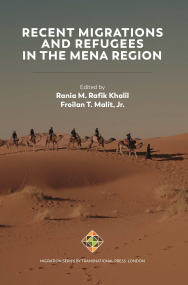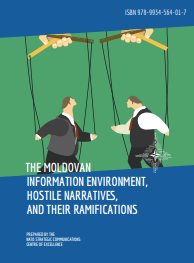
HOSTILE NARRATIVES AND PROPAGANDA
This chapter describes four Kremlin narratives that are hostile to Moldovan sovereignty, namely ’Russkii Mir and Soviet Nostalgia’, ‘Federalization Will Ensure Equality’, ‘The European Union is Bad, Russia’s Customs Union is What You Need’, and ‘Romania and NATO are a Threat to Peace’. These narratives overlap and are often contradictory and contain lies. Still, they share some basic principles—they leverage Moldovan vulnerabilities, touch the emotions of different local audiences, and attempt to develop mistrust toward modern Western countries and Trans-Atlantic values and relationships.
More...
